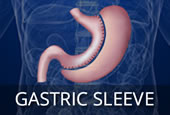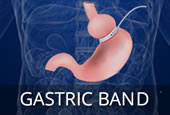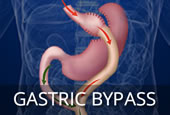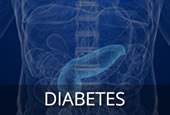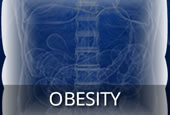Obesity and Weight Loss
Obesity Weight Loss Treatment Options
Non Surgical & Surgical
Surgery as an Effective Option
In 2002, Australian researchers reviewed the effectiveness of treatments available for “severe” or “morbid” obesity and concluded that surgery was the only effective option available at the time of the report.
If diet and behaviour modifications have failed you and bariatric surgery is your next option, it is important to understand that diet and behaviour modification will be instrumental to sustained weight loss after your surgery.
Non Surgical Options
Diet & Behaviour Modification
There are literally hundreds of weight loss diets available. Doctors who prescribe and supervise diets for their patients usually create a customized program with the goal of greatly restricting calorie intake while maintaining nutrition.
These diets fall into two basic categories:
- Low-Calorie Diets (LCDs) are individually planned so that the patient takes in 500 to 1,000 fewer calories a day than he or she burns.
- Very-Low-Calorie Diets (VLCDs) typically limit intake to 400 to 800 calories a day. They feature an intake high in protein, low in fat liquids with low or no carbohydrates. Studies show that the long-term results of Very-Low-Calorie Diets (VLCDs) vary widely, but weight regain is common.
Behaviour modification uses therapy to help patients change their eating and exercise habits. Combining a Very-Low-Calorie Diet (VLCD) with behaviour therapy and physical activity may help increase weight loss and slow weight regain. In the long term, however, Very-Low-Calorie Diets (VLCDs) are no more effective than more modest dietary restrictions.
Exercise
Exercise is tremendously important in improving health and general well being. It has significant effects on blood sugar control, blood pressure as well as protection against heart and vascular disease.
Many people find it difficult to lose weight with exercise alone however. The problem is that exercise stimulates appetite and often body weight remains stable. In order to achieve weight loss, exercise must be combined with reduced calorie intake – something that is difficult to do.
Exercise is excellent for general health and fitness and is an important part of a healthy lifestyle as well as maintenance of weight and is to be highly encouraged. It should form part of any weight maintenance program, including surgery, but unfortunately it does not work well as a weight loss measure on its own.
Medication
There are various medications available to assist with weight loss. Some of these medications such as Xenical cause the body to absorb less fat from ingested food. Unfortunately, the way it works means that if you do consume fatty food whilst taking the medication, you are likely to experience side effects of abdominal cramping and oily diarrohea.
Other medications have a principal action on the brain to suppress the appetite. Medications such as Duromine or Reductil work in this way. They can be effective in increasing weight loss, especially when used in combination with lifestyle changes, however often have side effects on mood, irritability and disturbed sleep. They can also affect blood pressure and are contraindicated in patients with high blood pressure.
In general these medications are not recommended for use for greater than 12 months. When the medication stops, weight is usually regained since the appetite is “released” again.
Diets & Exercise
Most people understand the benefits of healthy eating and regular exercise. There is no doubt that these are important for general well being. For anyone who has considered or considering a weight loss program, there is certainly no shortage of choices. Most non-surgical weight loss programs are based on some combination of diet/behavior modification and regular exercise. Unfortunately, even the most effective interventions have proven to be effective for only a small percentage of patients.
Unfortunately, it is rarely possible to reverse obesity through lifestyle measures alone. Research has shown that non-operative methods alone have not been effective in achieving significant long-term weight loss in severely obese adults.
The problem is that overweight and obesity is difficult to reverse. While a healthy diet and exercise can achieve weight loss initially, the real challenge is keeping the weight off.
Only 5% of people maintain any weight loss in the long term using diets or lifestyle changes. Weight is regained and often more than before (the yo-yo effect) which is very frustrating and does not achieve any health benefits.
Locations of Darebin Weight Loss Surgery
Key Consulting Locations
Suite 3, 195 Thompsons Road
Bulleen Vic 3105
1a/ 445 Grimshaw Street
Bundoora Vic 3083

